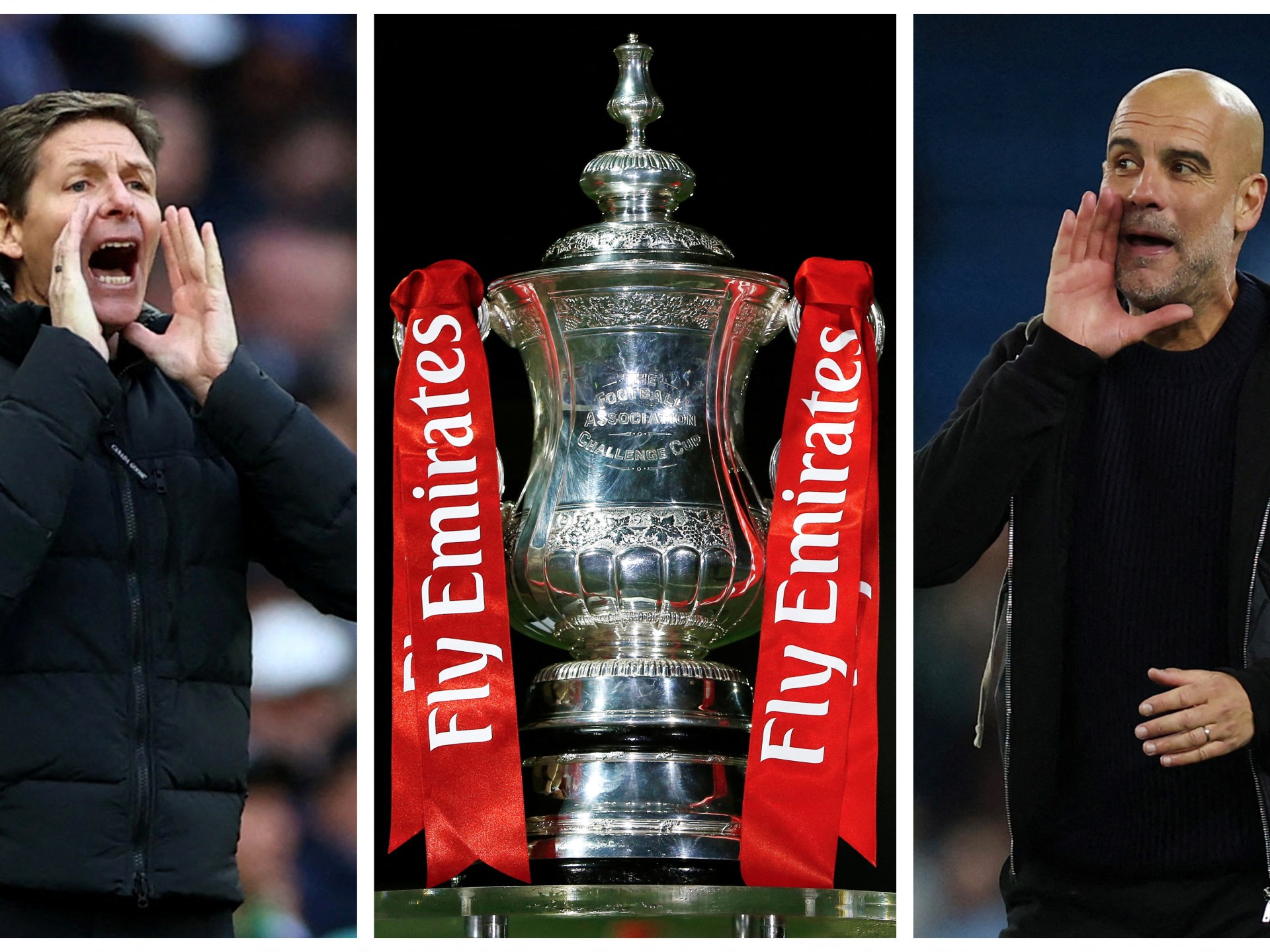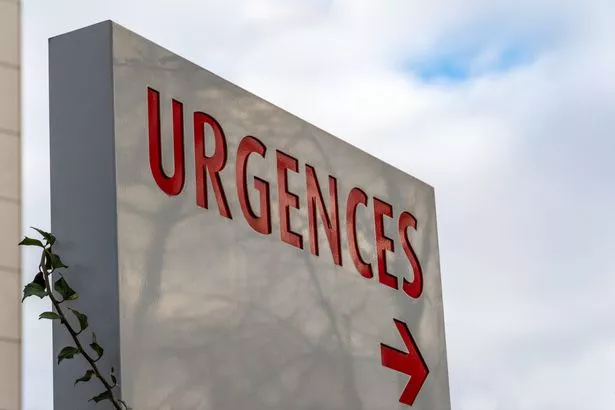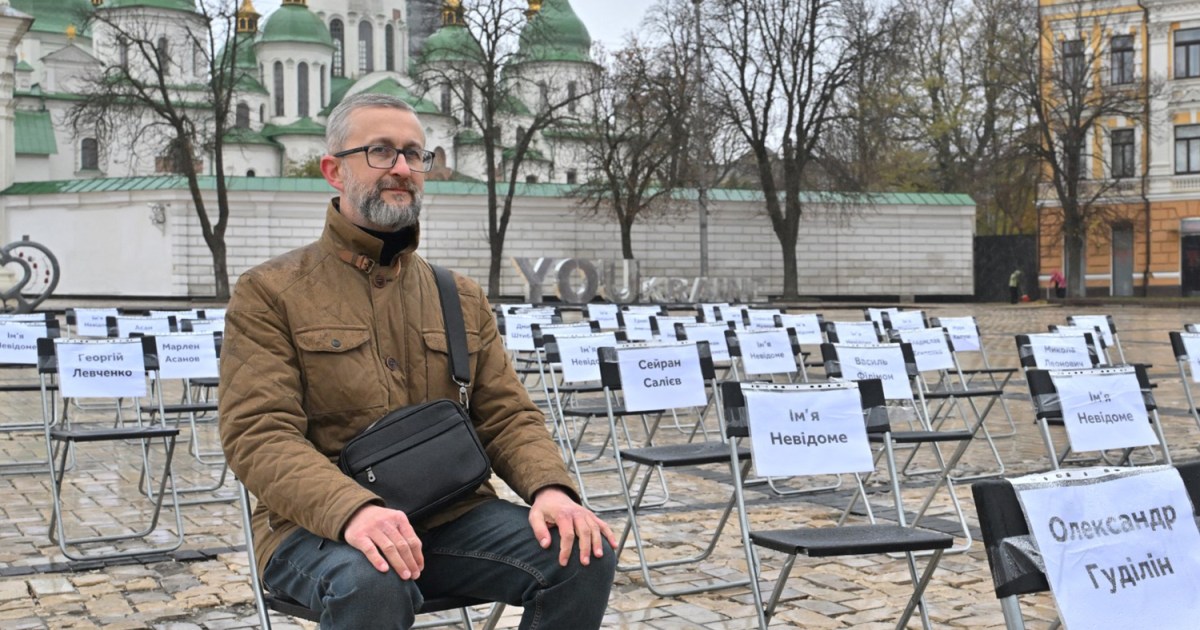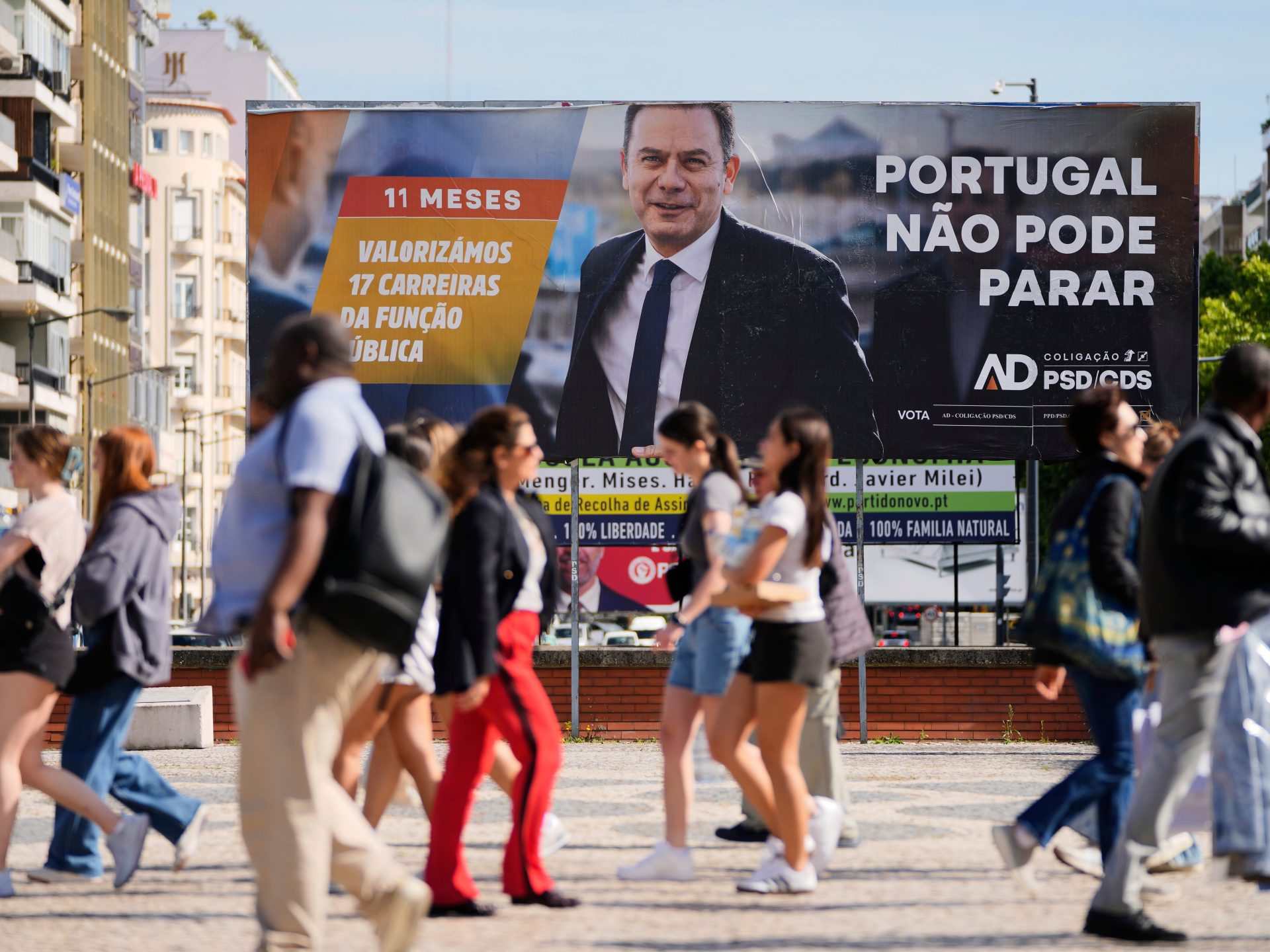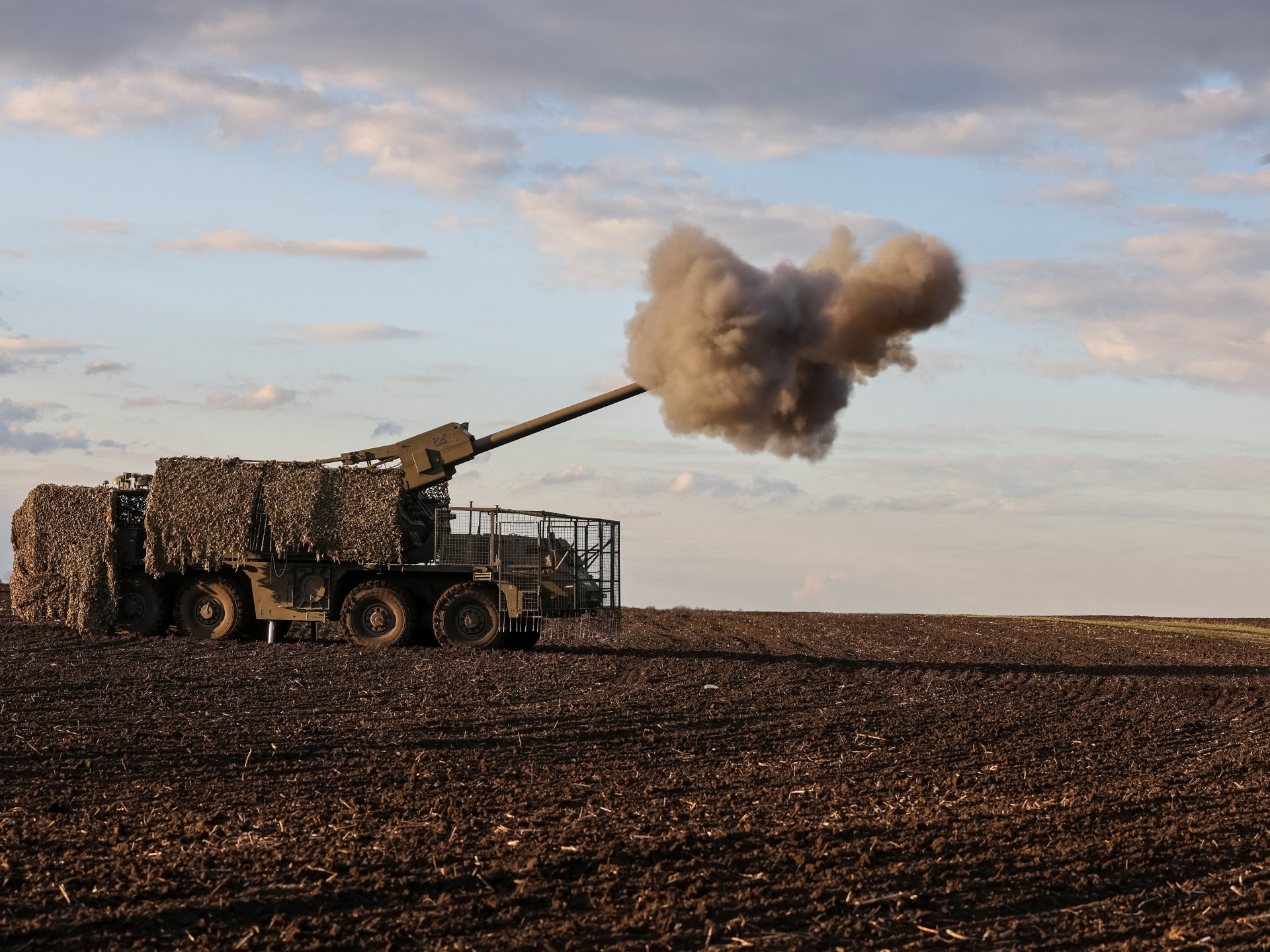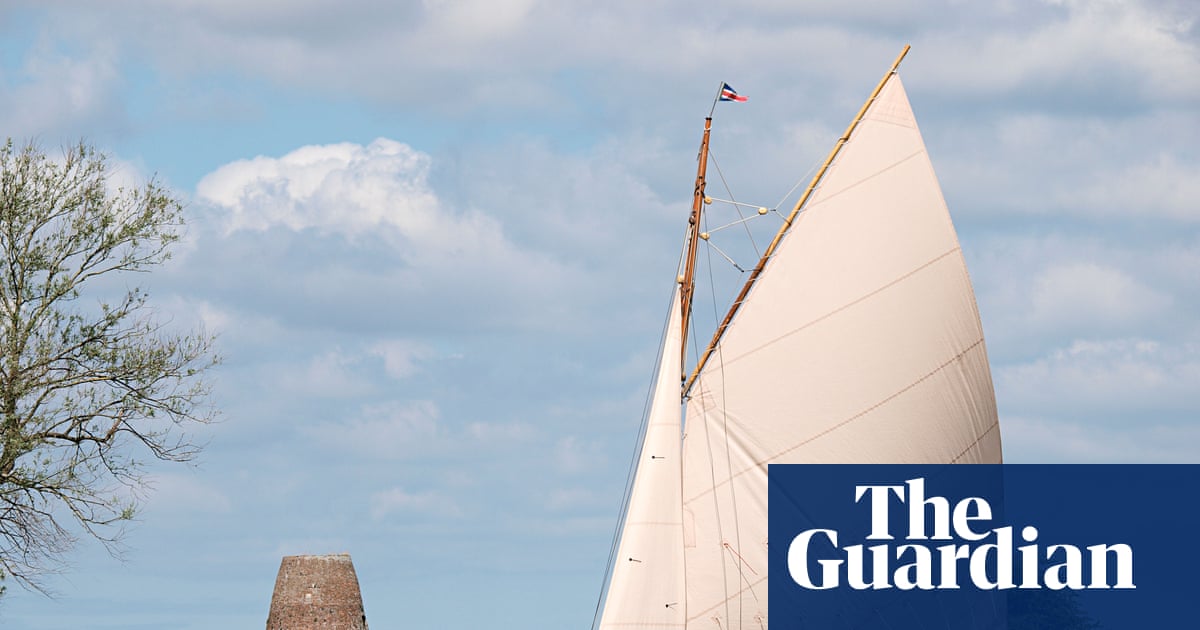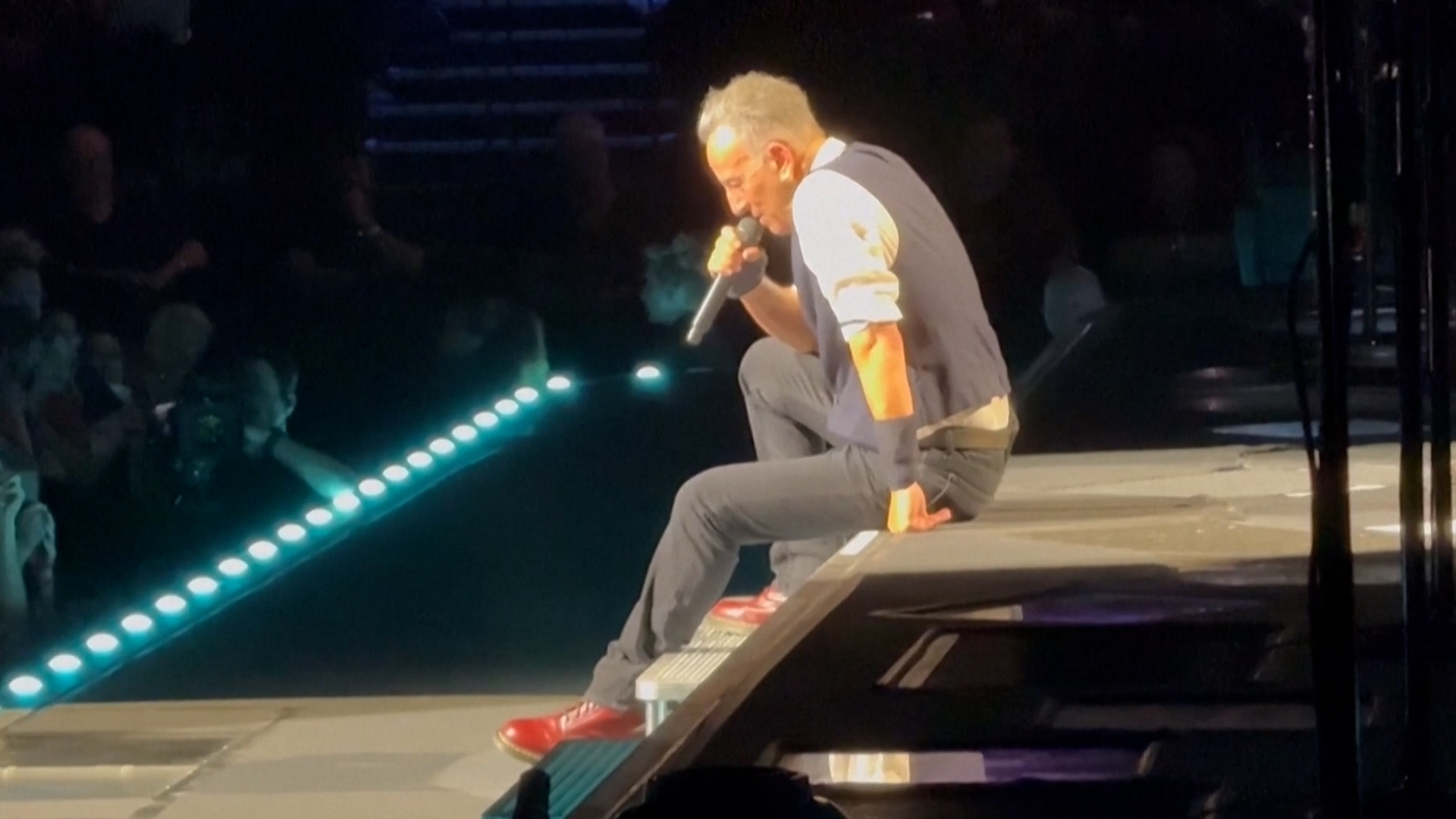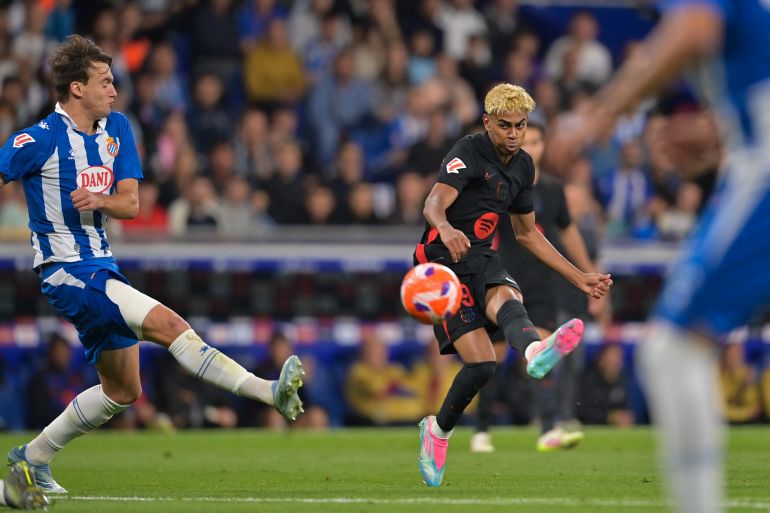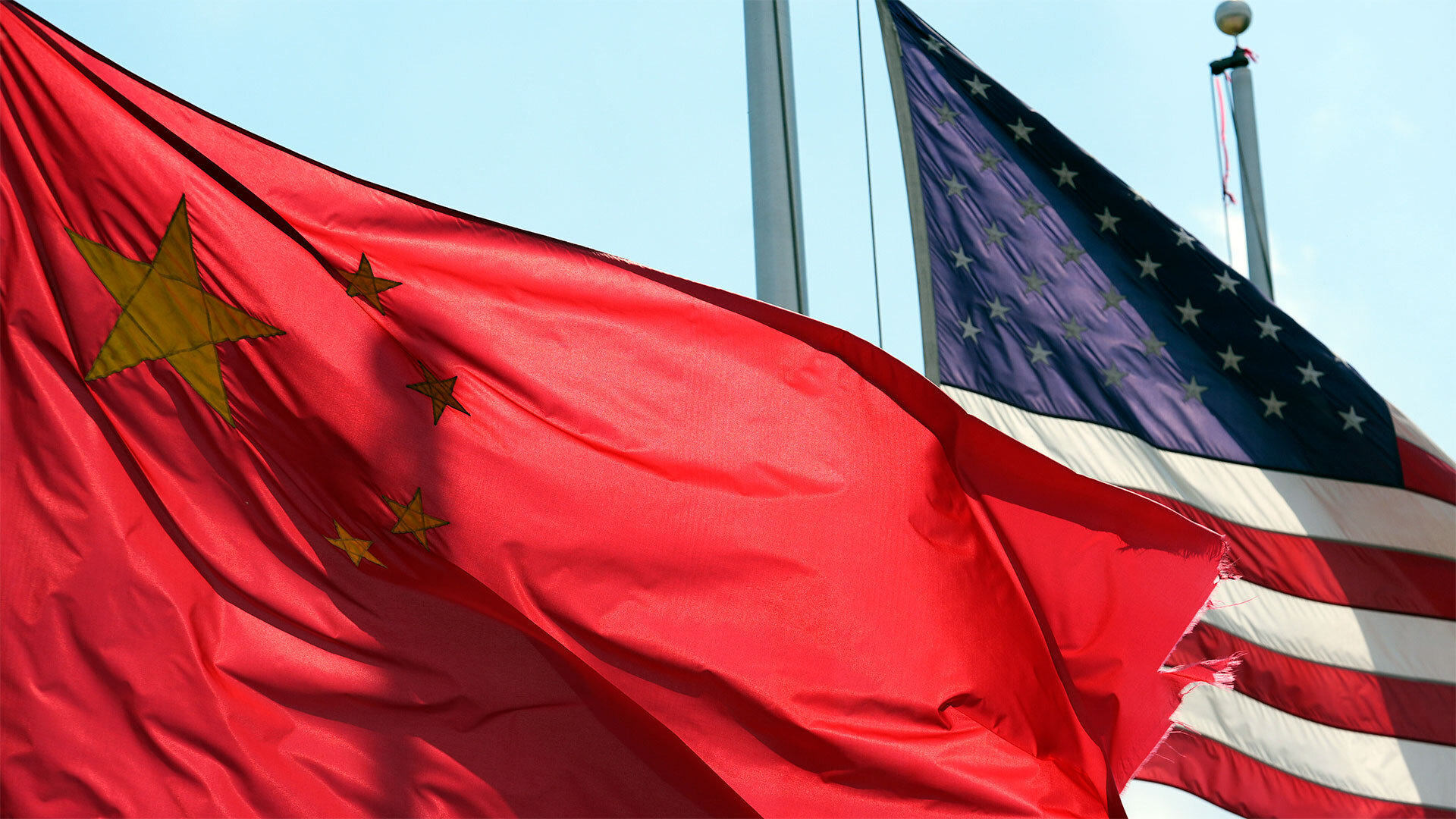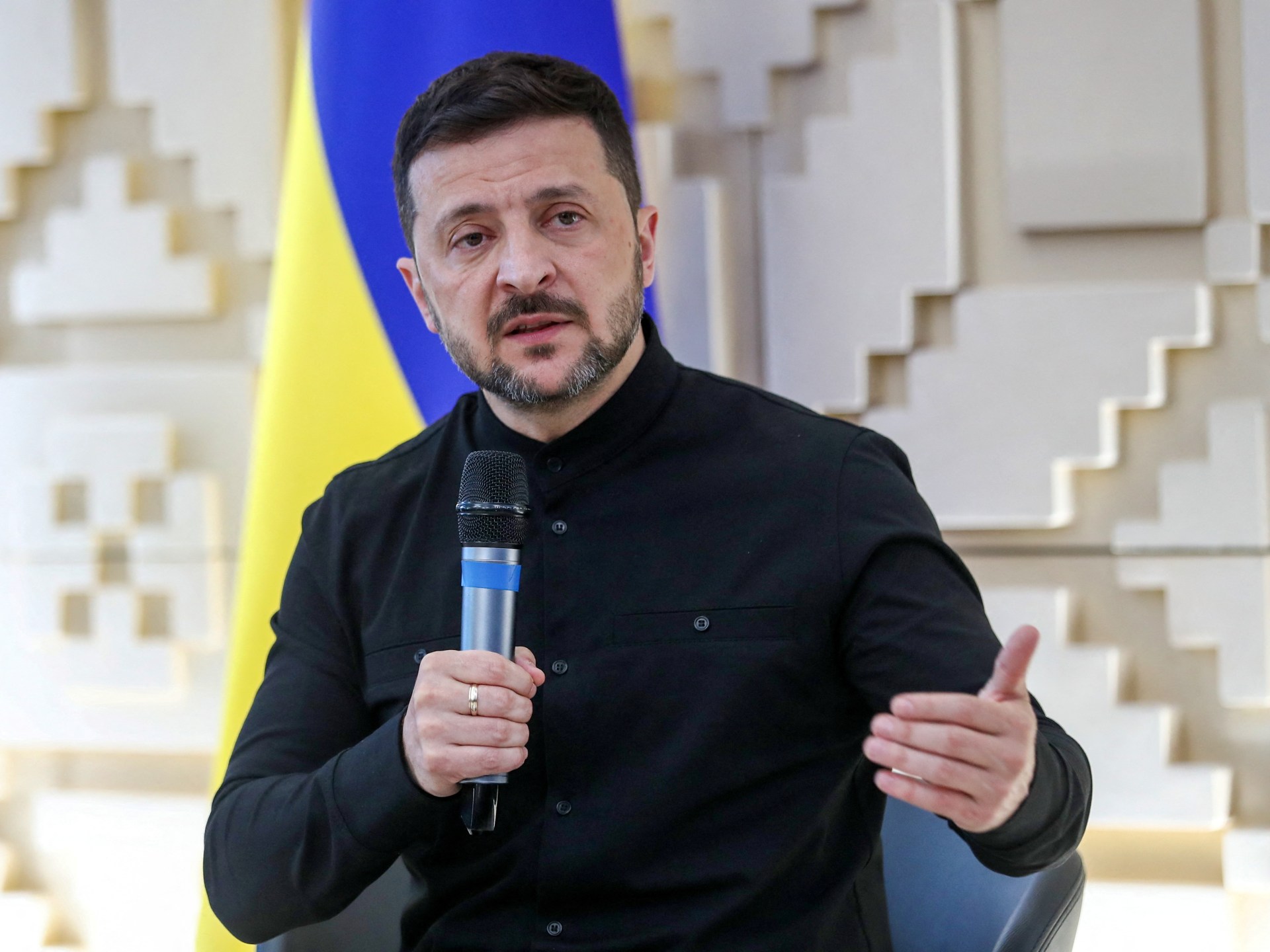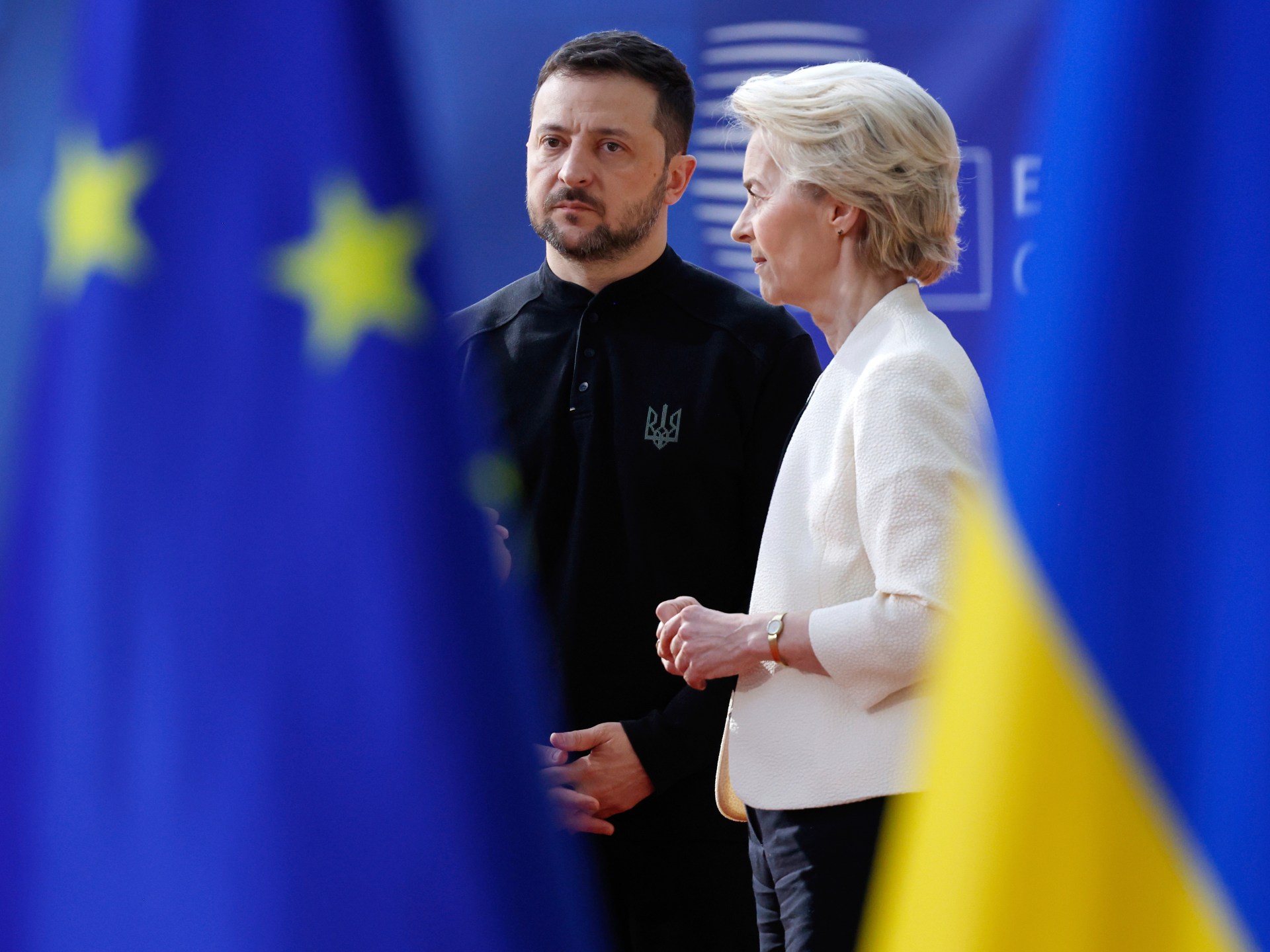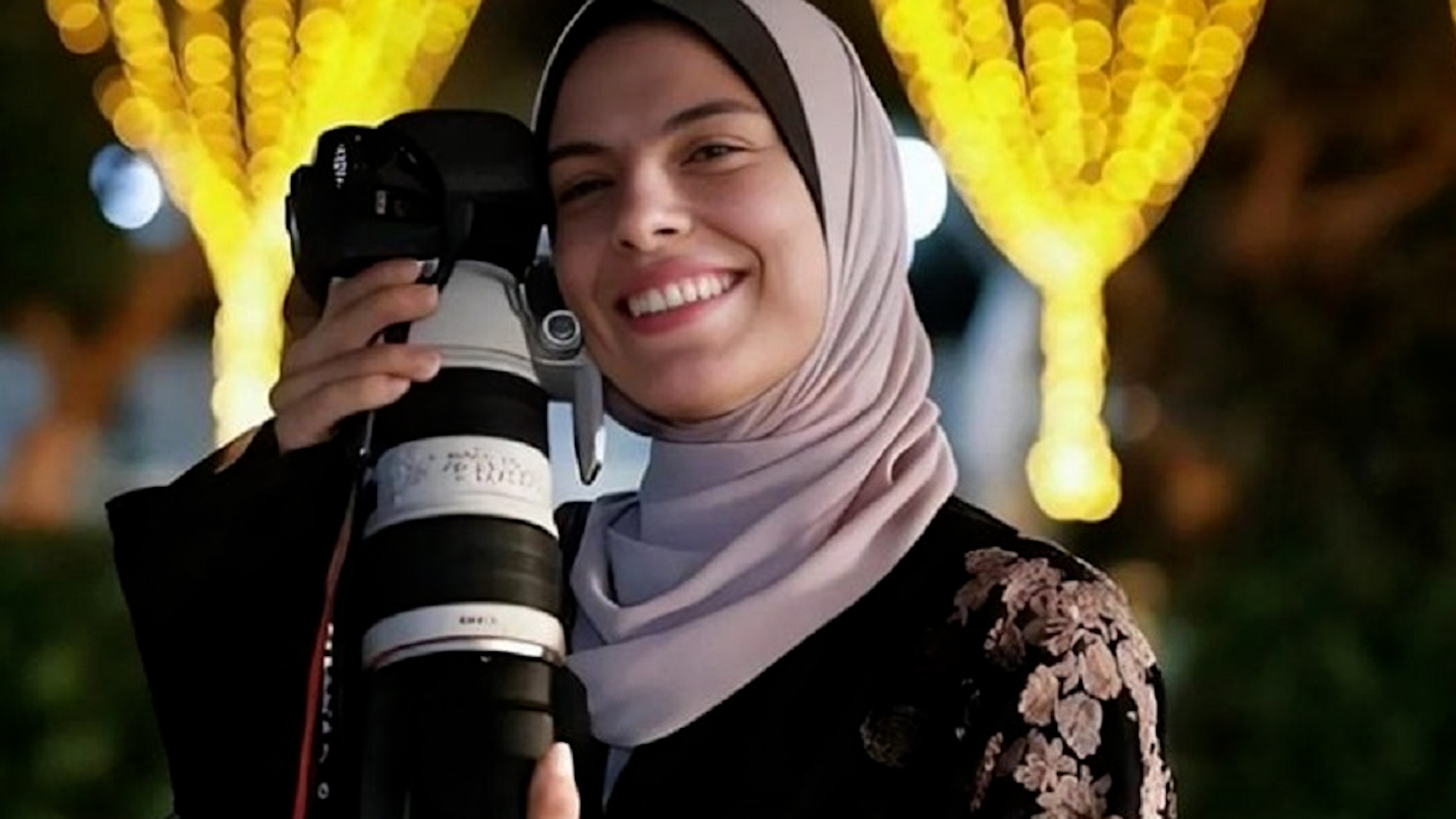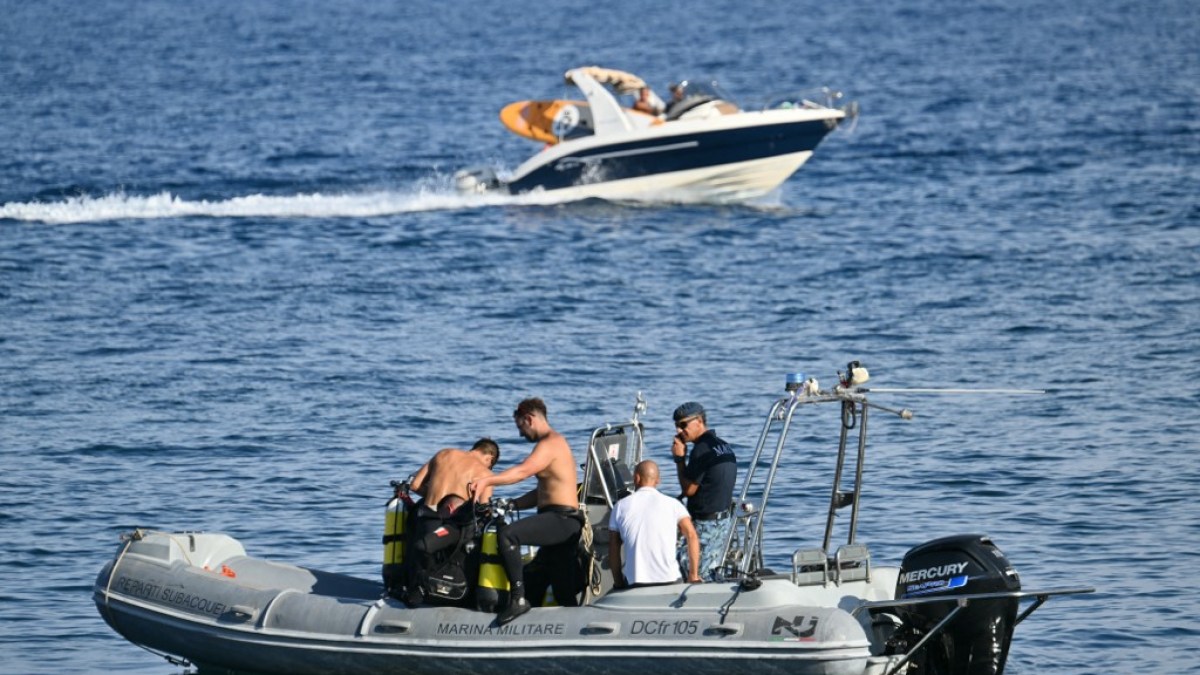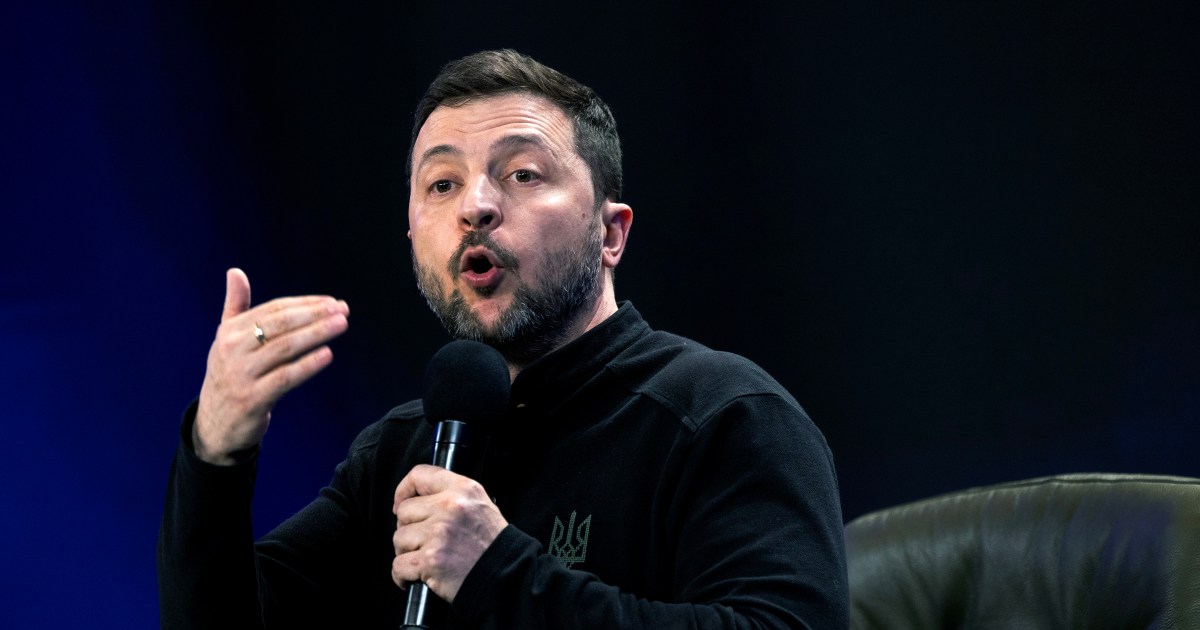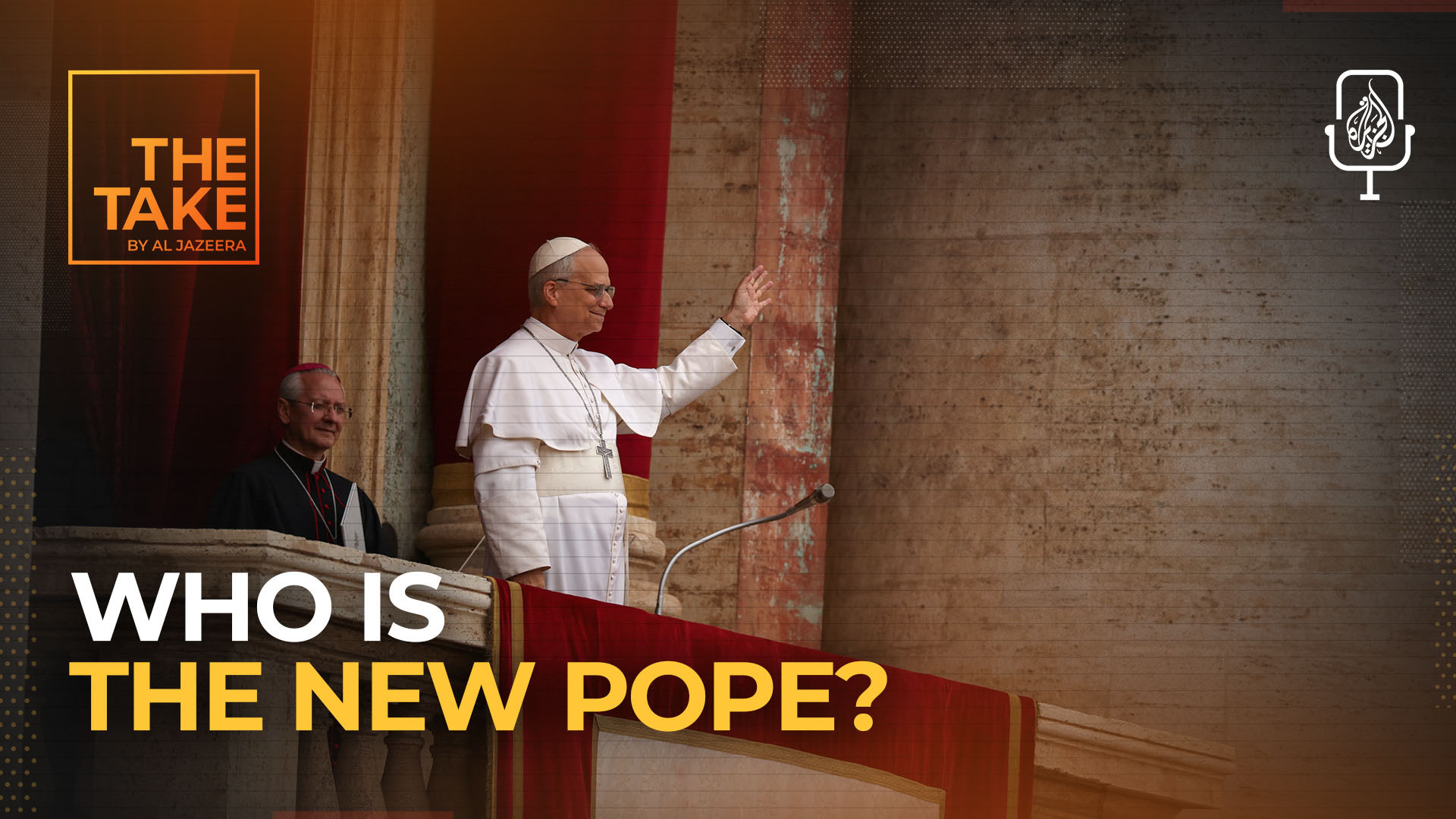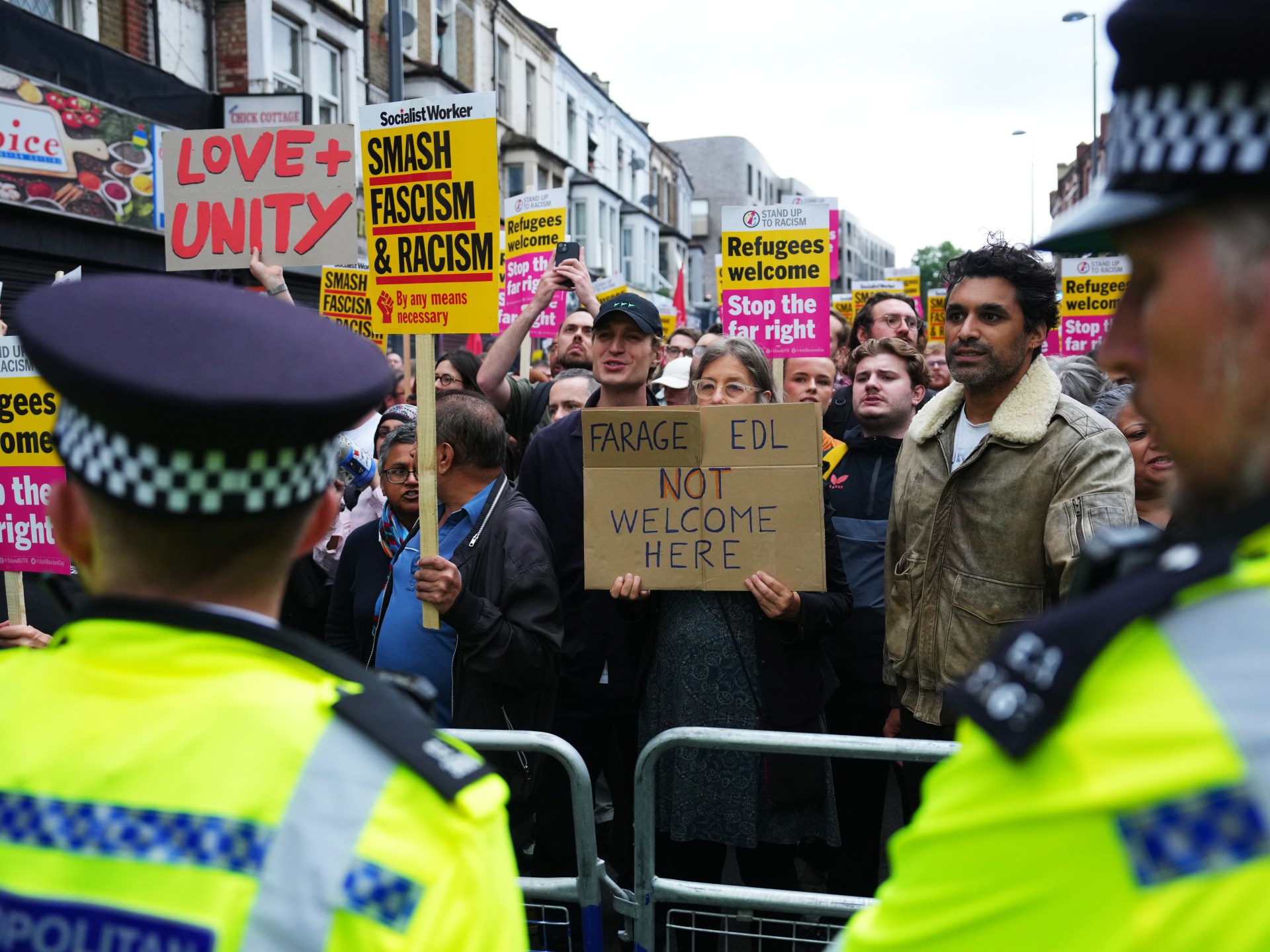Lisbon, Portugal — Portugal is summoning its citizens to vote in their third general elections in three years on May 18, amid rapid shifts to the country’s political landscape that have left the country facing the prospect of yet another fractured mandate after decades of relative stability.
This year’s snap election comes at a moment when rising living costs, a housing crisis, the future of the national health service and perceptions of immigration are all significant issues on the public agenda – as is a corruption scandal that precipitated the upcoming vote.
The government of Prime Minister Luis Montenegro, the leader of the Social Democratic Party (PSD), fell in March, when parliament voted against a motion of confidence, triggering elections. It’s the second Portuguese government in a row that had left office under a cloud of corruption allegations.
Now, the country’s 10 million voters will need to choose the makeup of their next parliament, where 230 seats are up for grabs – and a divided mandate appears likely.
‘A very serious case’
Montenegro led a right-wing minority government for less than a year before accusations of corruption emerged over a consultancy firm that he set up, called “Spinumviva”.
A string of media investigations into potential conflicts of interest revealed the firm had received thousands of euros a month in consultancy fees from previously undisclosed clients, including companies with government contracts.
When a defiant Montenegro appeared on national television back in March to issue his response, he insisted that he had not broken the law because he had transferred his shares in the company to his wife and sons before he became prime minister in 2024.
But his defence is controversial, say experts.
“Under Portuguese civil law, even if it was possible to sell shares to someone you’re married to, you’d still be a joint owner of them, and, therefore, still able to profit from them,” said Portuguese lawyer and political commentator Carmo Afonso. “Spinumviva is a very serious case – and revelations are still emerging.”
Just hours before a live debate a few weeks later with his main rival, the Socialist Party’s Pedro Nuno Santos, Montenegro submitted an updated declaration of his business interests to the national online transparency portal.
According to an investigation by the Portuguese newspaper Expresso, some of Spinumviva’s clients earned at least 100 million euros ($112m) a year in government contracts during Montenegro’s mandate alone. Montenegro, meanwhile, says that he has not been involved with Spinumviva since becoming prime minister in March 2024.
How the race is shaping up
Still, the attention on Spinumviva may not have damaged Montenegro’s chances of re-election. According to Portuguese political scientist Vicente Valentim, “perceptions of corruption in Portugal are traditionally high, but it may not to be a significant factor in how people vote”.
Despite the ongoing scandal, the conservative Democratic Alliance (AD) coalition, in which Montenegro’s Social Democratic Party (PSD) is the majority party, leads the race, and is polling at 34 percent.
And according to a poll by Lisbon’s Catholic University, a third of voters think the Spinumviva case and its potential legal ramifications are irrelevant to the elections.
Montenegro’s brief period in government has seen him enjoy the support of the professional class, riding on a budget surplus attained by the previous government of the centrist Socialist Party (PS) of Antonio Costa, who was prime minister from 2015-2024.
Meanwhile, “the loss of the charismatic Antonio Costa has affected the PS’s popularity,” says Afonso. “Costa is a hard act to follow.”
“Ironically, the more Spinumviva gets talked about, the better it is for Montenegro, is what some commentators are saying,” says Afonso, who believes Montenegro was well aware of this when the government collapsed. “Montenegro chose to bring a vote of confidence in parliament knowing full well that he would lose it, because there really couldn’t be a better time to hold elections – better for him, that is.”
The PS, by contrast, is polling several points below the AD at about 26 percent.
Currently, it looks highly improbable that any of the parties or alliances running will win an outright majority of 116 seats or more. That leaves two likely possibilities: either a post-electoral coalition of parties that forms a majority in alliance; or a minority government, which needs the tacit support of other parties in parliament to push through essential legislation, including budgets.
About half a dozen parties are serious contenders for the rest of the 230 seats in parliament. These include the traditional players such as the Communist Party-Greens alliance (CDU), the Left Bloc, and the People-Animals-Nature party, as well as new parties including the Europeanist-Socialist party Livre (“Free”), the radical right-wing Iniciativa Liberal (“Liberal Initiative”), and the extreme right Chega (“Enough”).
The rise of the far right
Chega, which opposes immigration, abortion, and LGBTQ rights, and has targeted minorities like Portugal’s substantial Romani population, won a surprising 50 parliamentary seats in the 2024 elections, with Andre Ventura as leader. It won 18 percent of the national vote.
The party is currently in third position in the polls and is predicted to win close to what it did in the last elections.
Valentim, the political scientist, warns against interpreting Chega’s support base as representing a protest vote.
“A lot of people who vote for them already held the ideas they espoused, long before the party actually appeared; generally, the rapid growth of radical right-wing parties is not down to them changing people’s ideas,” he said. “So, Chega going from 1 percent of votes, to 7 percent, to 18 percent over the course of the last three elections doesn’t mean that the number of people with right-wing ideas has grown in those proportions.”
What it means, he said, is that “more and more people who already had those ideas, but used to feel that they were not socially acceptable, and that they would be judged, or made social pariahs or disadvantaged professionally because of them, no longer feel that”.
With the campaign period now well under way, Chega has been appealing to potential voters who might normally abstain. While polls suggest the party might not make major gains compared with the 2024 election, Valentim said he believes it’s here to stay.
“Portugal was previously the exception in the European landscape, because no far-right party had had any notable success there; that’s no longer the case,” he said. “We can be fairly certain in saying that Chega is not going to just disappear, as suddenly as it appeared. The political landscape has changed, definitively.”
And that has a range of consequences, he said.
“Citizens and politicians feeling at greater ease to express extreme right-wing ideas in public,” he said. There’s “greater polarisation around specific issues such as immigration and minority rights, and, of course, the dilemma of how the more traditional centre right deals with the far right”.
Under Montenegro, the PSD has maintained it will not cut a deal with Chega. However, its options for forming a government are limited. According to Valentim, centre-right parties often try to overcome the popularity of new radical right parties by shifting further right themselves – including, at times, by forming partnerships with them.
That rarely actually works for the centre right, he said. “Power-sharing agreements with the extreme right legitimise those parties, without actually bring any long-term gains for the centre right,” he said. “Studies have shown that the rapprochement of the centre right to the far right neither takes votes away from the far right, nor does it bring more votes back to the centre right. But it does result in a normalising of extreme right discourse, turning extreme right-wing ideas like xenophobia more acceptable.”
This effect was visible even before election campaigning began on the issue of immigration, which Portugal has actively encouraged in recent years. Almost a quarter of Portuguese companies now employ foreign workers, according to the Bank of Portugal. According to a study by the Francisco Manuel dos Santos Foundation in December, the number of immigrants in Portugal tripled between 2015 and 2023.
However, right-wing parties have also stirred a backlash against immigration, and in particular the presence of agricultural and shop workers from India, Pakistan and Bangladesh. The FMS Foundation report showed that negative perceptions of migrants outweighed positive ones considerably – with 67 percent of the people they polled responding that they thought the presence of foreigners was associated with an increase in crime. Last year, Chega brought a motion to parliament for a national referendum on immigration but was voted down.
Earlier this month, Montenegro’s government notified 4,500 migrants that they would have to leave the country within 20 days. Following the permanent closure of the border agency SEF in 2024, the government cancelled a scheme that allowed migrants originating from outside the European Union to apply for residency once already working in the country. Some of those facing deportation have been waiting several years for a reply on their applications, and thousands more such notices are expected in the coming months.
These policies sit in contrast with Portugal’s demographic situation, with a falling birthrate, an ageing population and a declining fertility rate. In addition, it suffers from an ongoing trend of youth emigration – about 30 percent of the population between 15 and 39 is living abroad, one of the highest rates in the world. A study from Porto University in December 2024 said that Portugal would need to ensure 138,000 immigrants arriving per year to guarantee economic growth over the next decade.
Housing and costs
Meanwhile, a housing crisis is the biggest ongoing issue in Portugal in the run-up to the elections. House prices rose by 106 percent between 2015 and 2023, according to the Francisco Manuel dos Santos Foundation, compared with 48 percent in Spain and 8 percent in Italy. The increase in property value has been caused by deregulation, large influxes of foreign investment in properties, speculation on real estate and a tourism boom.
As a result, young people and professionals are increasingly unable to afford housing in cities like Lisbon and Porto, where soaring rents have also prompted the closures of small businesses, and left low-income tenants stretched to pay rents or facing eviction.
Rising housing prices have also contributed to a general increase in the cost of living, with energy and food prices rising. Factors such as the war in Ukraine – because of its effect on the global supply chain – have amplified this crisis.
What’s next?
As of Thursday night, almost 20 percent of voters were undecided, meaning a range of outcomes is possible after the Sunday vote: An AD-led minority government, a less likely PS-led minority government, or a coalition between a variety of political players.
If that happens, it would be the second time a row that Portugal will not have a majority government: The AD won 80 seats in 2024 out of 230, just ahead of the PS, which won 78.
To Valentin, this is no longer an anomaly – he expects this scenario to be repeated in future elections, too.
“Portuguese democracy went through a very long period of relative stability,” he said, reflecting on the fact that Portugal this year celebrated 50 years since its first fully free elections, following the overthrow of the Estado Novo dictatorship. “For decades it had a multiparty system that barely changed, with governments alternating between the centre left PS and centre right PSD, and some interventions by a small number of other parties.”
“But now there’s been a lot of changes in a short period of time, with more and more new parties having made it into parliament,” he added.
That has meant fewer votes for the mainstream centrist parties, the PS and the PSD, as newer parties like Chega eat into their traditional base.
“We’re now entering a new paradigm,” said Valentin. “And it remains to be seen how these different political forces will balance out.”
